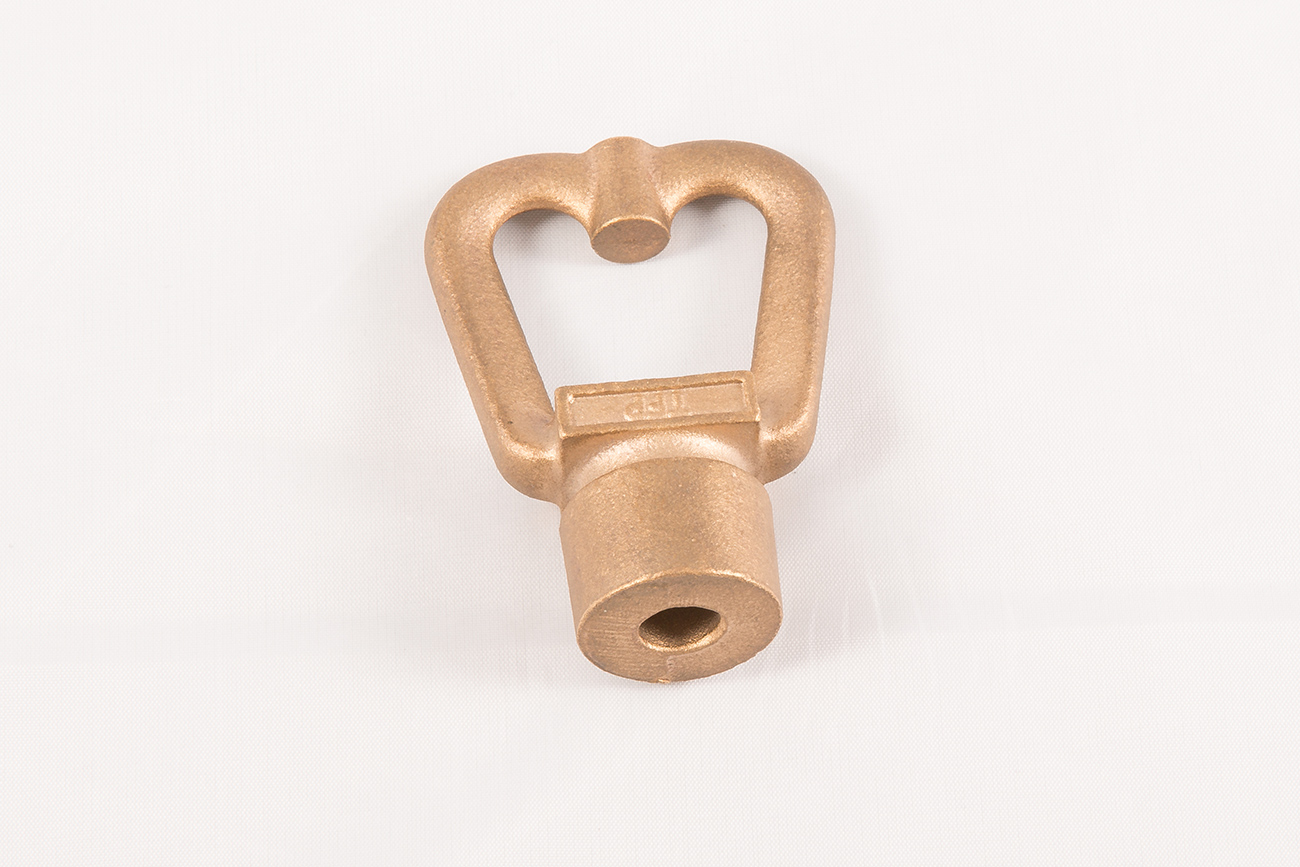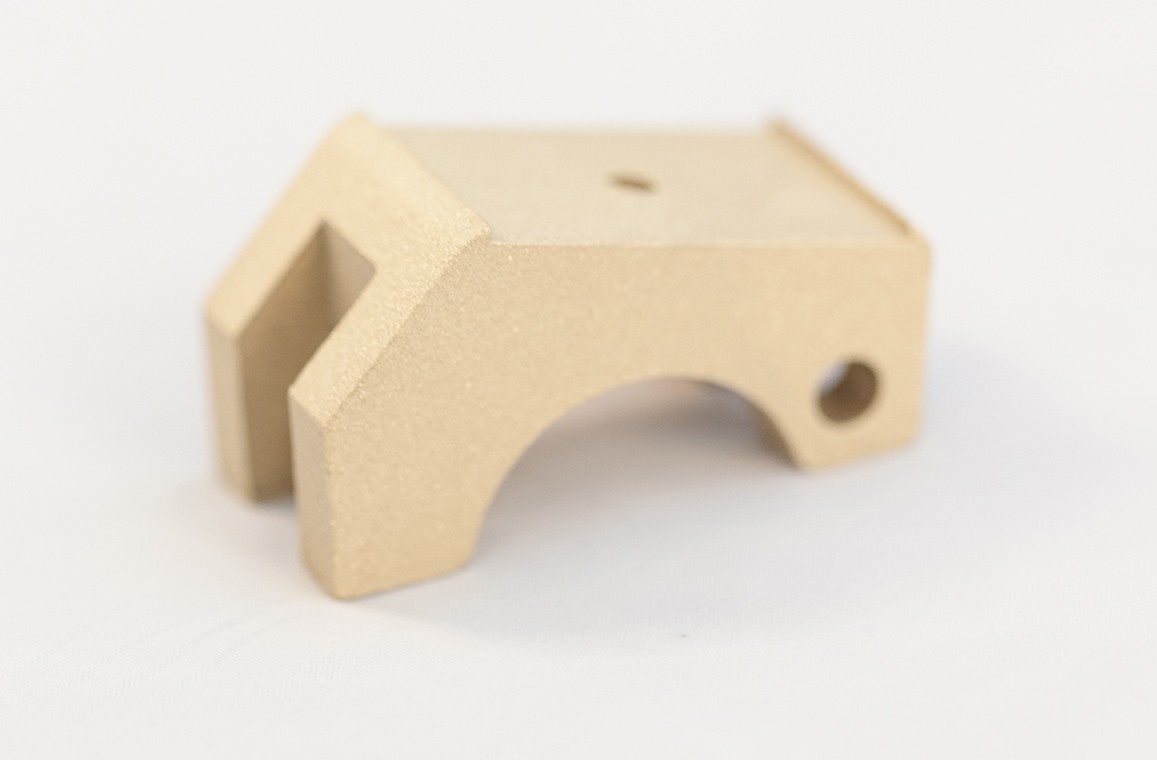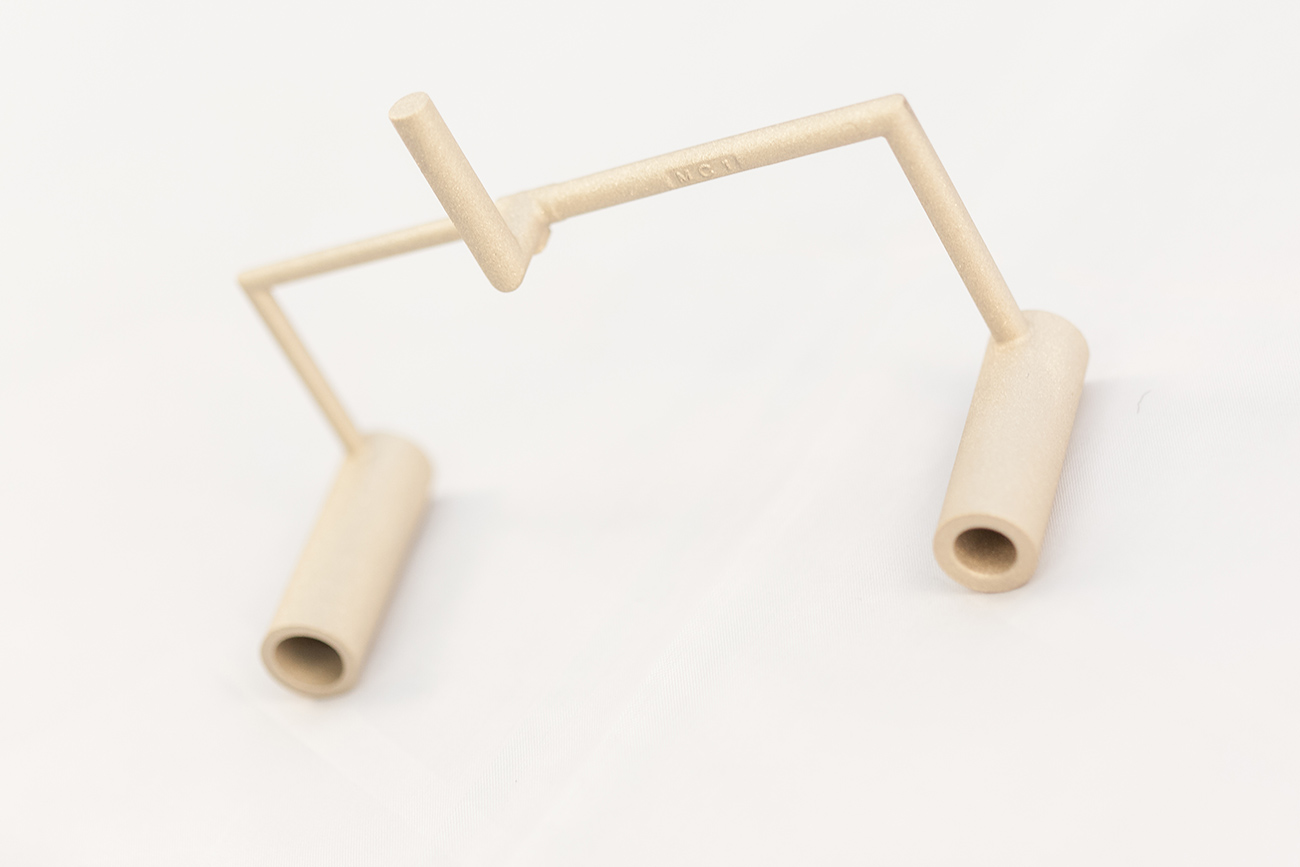Spotlight On: Copper
Copper has been mined and used for thousands of years, as it’s a common material for many different industries and sectors, such as electronics. We use this metal in our investment casting process to create many parts and components from a range of alloys, ensuring the exact properties you’re looking for.
We can answer any questions you may have about copper, so contact us for more information about our castings and how you can benefit from choosing this material. Below, we’re taking a closer look at the properties of copper and its applications.
What is Copper?
Copper has the symbol Cu in the periodic table and the atomic number 29. In metal form, this material offers ductility, thermal and electric conductivity and resistance to corrosion, making it extremely popular for electrical applications. The largest mass of copper ever discovered in the Earth’s crust weighed 420 tonnes, but you can find this metal virtually anywhere, including in the stars.
Copper can be alloyed with other materials to enhance its properties. Because copper is such a versatile metal, it can combine with countless other materials to create hundreds of alloys.
The metal has been used by humanity for a long time. It's believed that copper was the first metal to be smelted from its ore around 5,000 BC, as well as the first one to be cast with a mould around 4,000 BC and the first to be alloyed with tin to create bronze around 3,500 BC.
Properties of Copper
Copper is a crucial metal in investment casting due to its many properties, which include the following:
Resistance to Corrosion
Copper forms something called a patina, a layer of copper sulphate that protects the rest of the metal from rusting or deteriorating. Copper can withstand harsh conditions and perform optimally when exposed to sea water, organic acids and other corrosive solutions. This resistance to corrosion helps parts made from copper to last a very long time, and makes it ideal for marine applications, as well as for the oil and gas sector.
Conductivity
This metal is a fantastic electrical conductor, so it’s often used for wiring; it’s also top choice when it comes to transmissions and computer-related applications. This material conducts heat extremely well too.
Ductility
As mentioned, copper is a ductile metal that is easy to work with and machine, whether casting or fabricating it.
Hygiene
Copper compounds are also anti-bacterial, so copper can be used to slow down bacteria growth, including legionella and MRSA. This makes it a fantastic choice for medical applications.
Strength
While not as strong as materials like steel, copper is still a tough metal that doesn’t tend to break when exposed to low temperatures, mainly those below 0oC.
Non-Magnetic
Because copper is a non-ferrous metal (has no iron in its composition), it’s also non-magnetic, which means it can easily be used in sectors like the military and defence.
Other Properties
Copper can also be recycled over and over without losing quality, as well as its visual appeal, since it’s an attractive metal that can be used for decorative purposes as well. Copper is also easy to alloy, which is why you often find it alloyed to metals like zinc and nickel.
Also, copper has a high degree of resistance to wear and tear, so it has a long lifespan, and you don’t have to worry about the quality of your components.
Different Types of Copper Alloys
At Dean Group, we also use copper-based alloys during our investment casting process.
There are too many alloys to name, but the most popular include bronze, created when copper is combined with tin – the idea that these two metals could be alloyed led to the Bronze Age, so copper has played a very important role in history.
Brass is another popular alloy. It's formed when copper alloys with zinc, and you’ll often find it in the musical industry. Cupronickel is an alloy of copper and nickel, perfect for applications where strength is a concern, like engineering, coin manufacturing and weapon creation.
Aluminium bronze, which forms when aluminium is added to copper, has great resistant to corrosion, including saltwater, so it’s incredibly useful in marine applications.
Industries That Use Copper
Part of why copper is so sought-after in modern metallurgy is that it can be used for many different applications and by many different markets. These include:
- Marine
- Medical
- Automotive
- Electronics
- Energy
- Construction
- Architecture
- Agriculture
- Food and drinks
More specifically, copper is commonly found in objects like heat exchangers, cables, cooking utensils, plumbing systems, transmission lines, decorative items (such as jewellery), roofing, engines, underfloor heating, doorknobs, computers, phones, boat propellers, and so much more.
Dean Group and Copper
We understand the importance of using the right material for the right project, which is why copper features heavily in our processes. The properties of this metal, as well as of its alloys, allow parts to be easily machined and treated with additional treatments and finishes, not to mention the amazing qualities it provides to the castings themselves.
Copper is a low maintenance material as well, so you won’t be spending a lot of money keeping it in top shape. We create copper castings and copper-based alloy parts via our premium grade investment casting, so don’t hesitate to speak to us if you’d like to learn more about this process.
We're happy to answer any questions you may have and work with you to ensure the project meets your exact specifications and those of your industry.
Registered in England VAT No: 146307478 Company Registration No: 1062820







